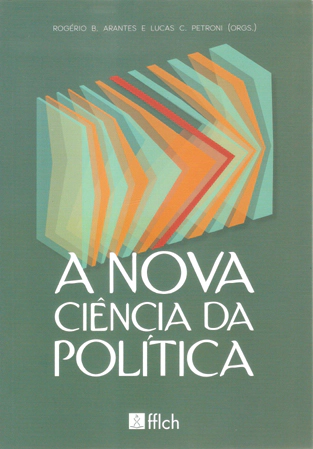
Abstract
This study aims to understand the behavior of Brazilian Deputies and Senators in nominal votes vis-à-vis party strategies of coalition participation. We contribute to the discussion on the formation, operation, and maintenance of government coalitions in multiparty presidential systems. The assumption of a unidimensional preference distribution in the Brazilian Legislature, characterized by government-opposition conflict, has been widely accepted. However, previous research has primarily focused on the Chamber of Deputies, neglecting potential specificities of the Federal Senate. Our first concern is to introduce the Senate into the analysis to determine if it can also be characterized as unidimensional and if, like the Chamber, the distribution of senators reflects the government-opposition divide. Secondly, we explore the explanations for this pattern, particularly examining whether formal entry or exit from a coalition party influences legislative behavior. These inquiries underscore our aim to shed light on preference aggregation and the impact of government coalition participation. We outline our methodology, discuss the dimensionality issue, evaluate the coalition’s influence on legislative behavior, and conclude with final remarks.